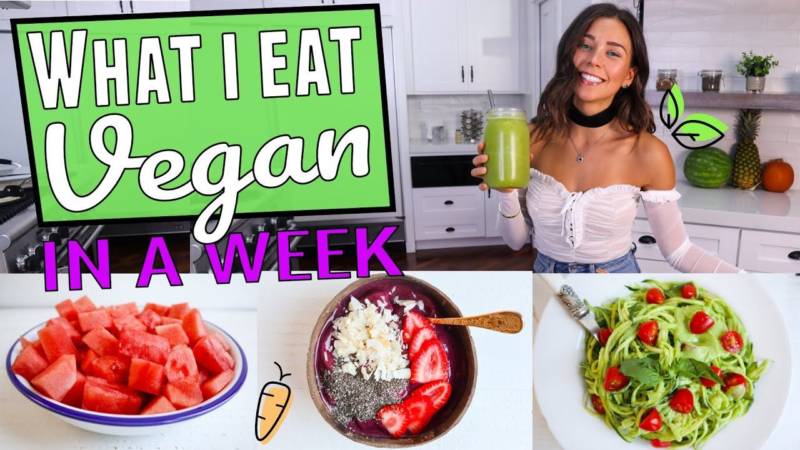One of the main objections against Mendoza has been that she was promoting an unhealthy lifestyle this whole time, thereby putting her viewers in danger. "So we watched all these videos and you told everyone how amazing it was for you," wrote commenter Yadi Dominguez, "and how amazing you felt but you didn’t let us know that you had all these health problems?"
The impression that Mendoza's flip-flop has left on some observers is that raw vegan is an inherently harmful diet. It isn't. As long as you are meticulous in your food planning, thorough in making sure all nutritional bases are covered and willing to dedicate a stupid amount of time to food preparation, raw-vegan can indeed work.
I spent three years working for a septuagenarian author in New York who had subsisted on a sugar-free, alcohol-free, raw, vegan diet for the better part of 40 years, and she was (and still is) absolutely thriving. What's more, she was in a whole community of peers, all successfully living the same way. Sure, their potlucks didn't seem like much fun to me, but they all looked at least 20 years younger than they were and could have easily outrun most 30-year-olds. The diet itself may not be compatible for everyone's bodies—including Yovana Mendoza's—but promoting it isn't an inherently negative thing.
By her own admission, Mendoza took health risks that have nothing to do with raw veganism. She talks in her apology video about doing a 25-day fast, during which she drank nothing but water. According to Healthline, water fasting that goes on for any longer than 72 hours poses a range of health risks and should not be done without medical supervision. Some of Mendoza's behavior, then, more closely resembled an eating disorder than a diet.
It could be argued that going to these extremes is part of trying to stand out in a never-ending sea of vloggers. Pressures on YouTube personalities to perform, keep their numbers up and maintain the illusion of perfection are well-documented. Last year, Elle Mills told her 1.3 million followers that she needed to take a break from the channel because "trying to pump out an amazing video once every two weeks or like once every week [is] just not attainable."
In 2018, Jon Brence, a career manager for various YouTube personalities, told NPR that influencers should not take breaks ever: "If you're not actively creating, or if you're going on a trip and you haven't actively created content to publish during said trip, you will go effectively back to the back of the line." Mendoza, then, was stuck in a catch-22. It would have been impossible for her to take a break to get well and it would have been a death knell for her entire brand to admit she was sick. So she carried on making Rawvana videos in order to maintain her income. It sounds like I'm making a joke, but seriously: how else was she going to pay for a doctor?
It's also clear that Mendoza viewed the introduction of animal products into her diet as a temporary stop-gap until she could get well enough. I can relate. I was forced to give up almost two decades of vegetarianism when I got into my early-thirties and suddenly found myself in the hospital with serious iron and B12 deficiencies. My previously healthy diet hadn't changed, but as middle age approached, my body suddenly demanded more. The guilt and shame that comes with reintroducing flesh into your diet are real—and that's without the pressure of tens of thousands of vegans watching your every move.
In the end, Mendoza is a shining example of both the pitfalls of listening to the health advice of unqualified influencers and the startling amount of fake perfection that stuffs up social media. The fault doesn't really lie with Mendoza, it lies with a culture that is too quick to believe everything it sees on the internet and the business structures that tie influencers to unreasonable degrees of flawlessness in order to achieve and maintain success.


